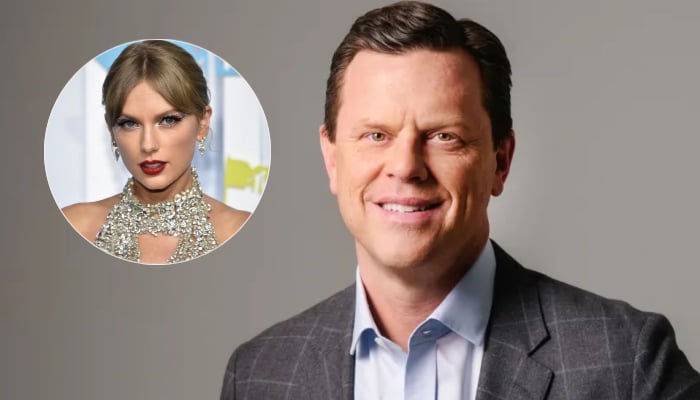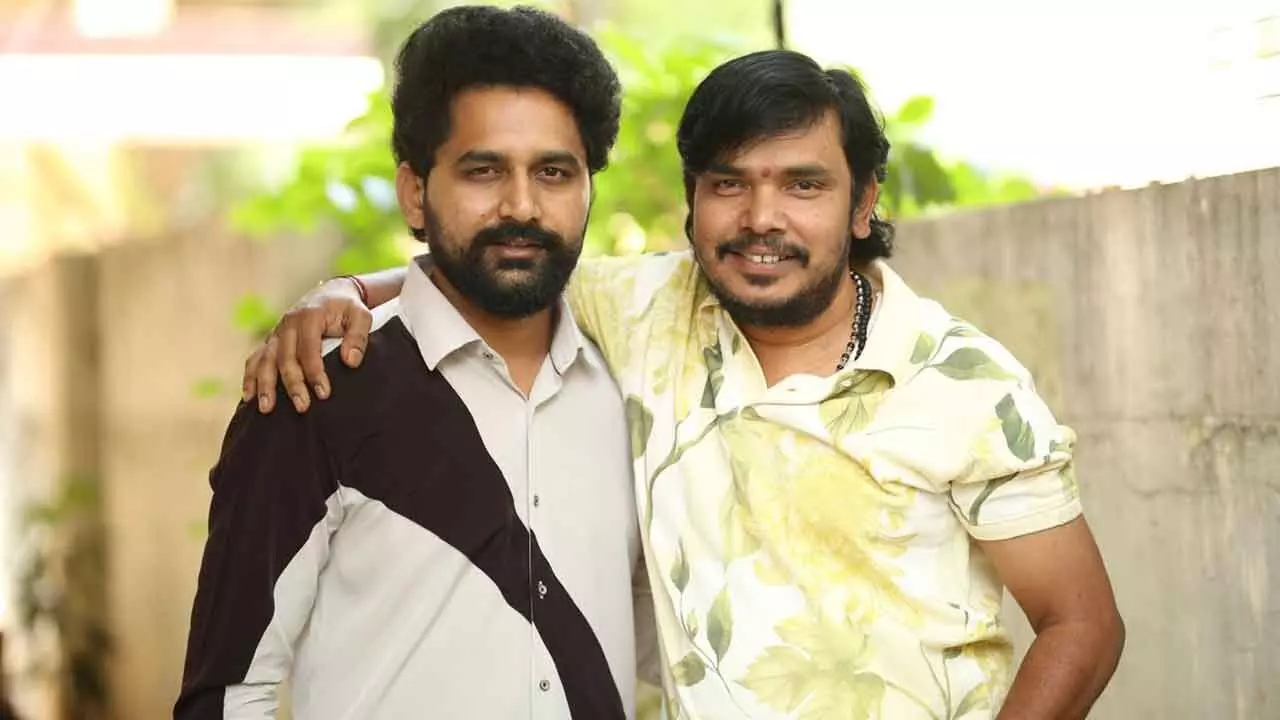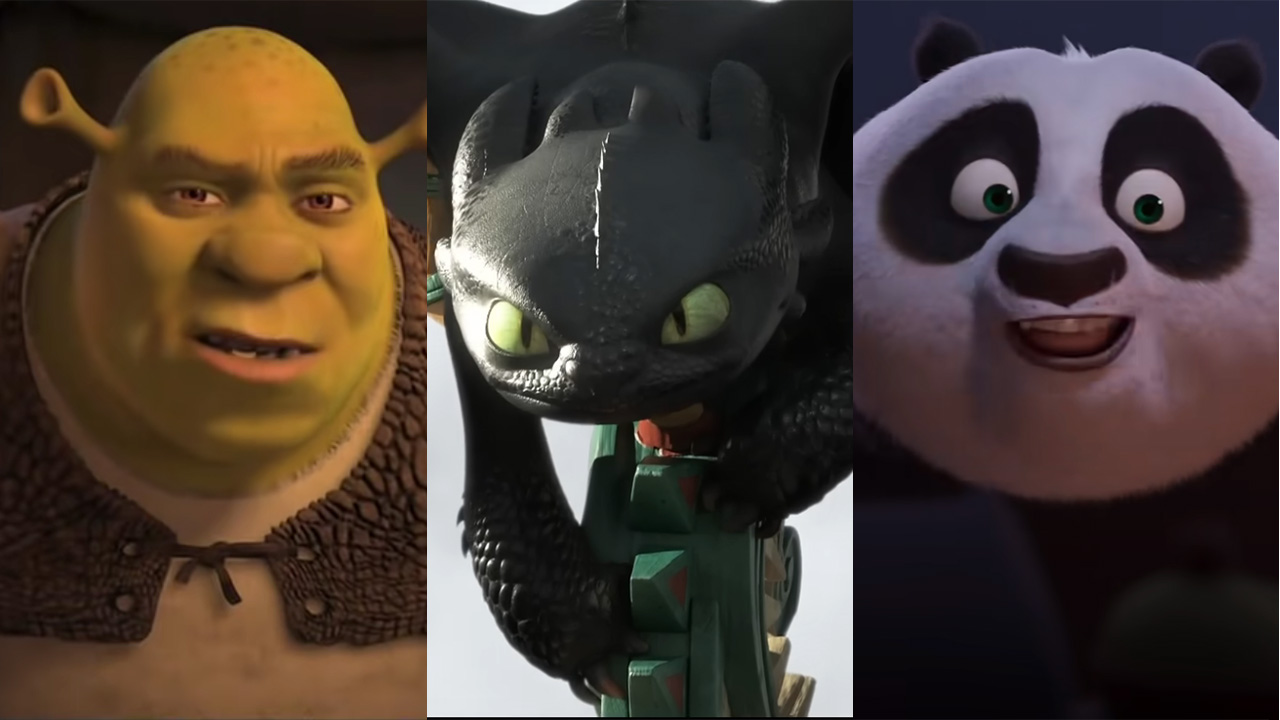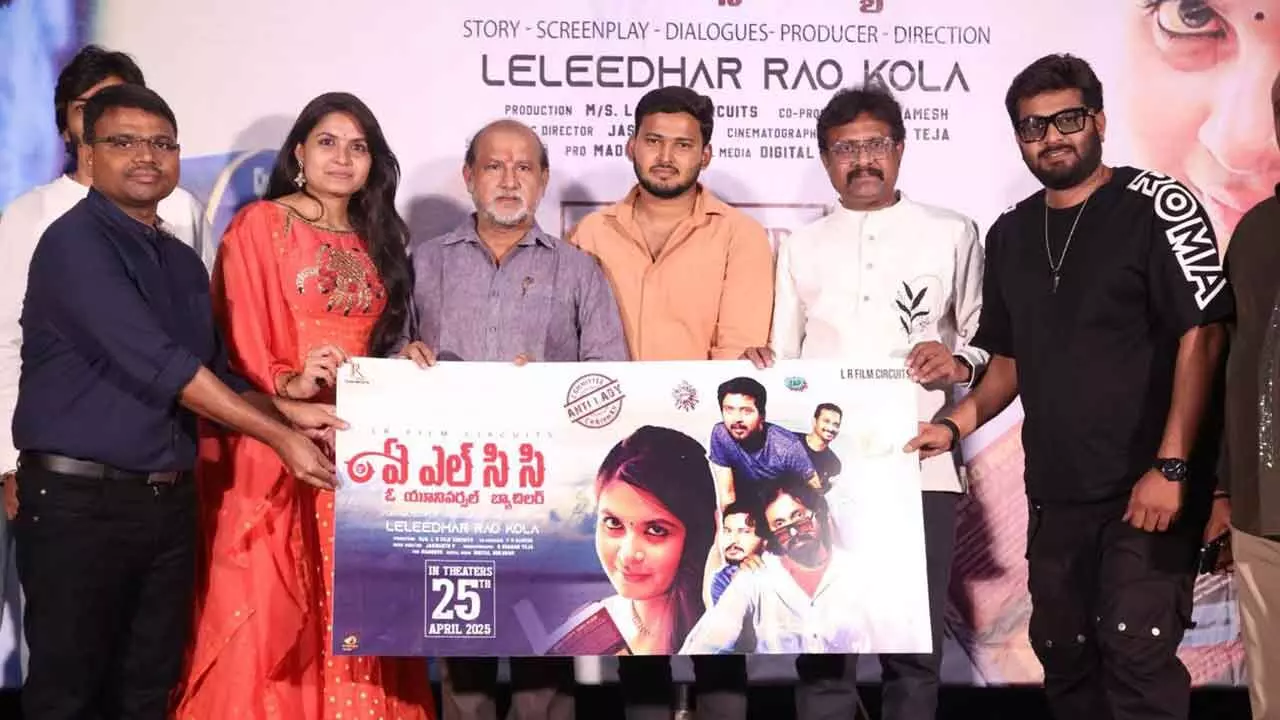In news media terms, Western Australia is a different country — in fact, a different century. Maybe that’s why it’s rolling out elections so differently than the rest of the country. It’s an anachronism: a local oligarch, billionaire Kerry Stokes, monopolises the state’s news market and shapes the local political narrative through the city’s sole enduring daily and Sunday mastheads and the dominant commercial broadcaster, Seven.
Seven West Media is an enduring example of the sort of control that once was commonplace across the English-speaking democracies, where, in town after town, local oligarchs were able to leverage local power out of their local news monopolies — first in print then also in broadcast. It means the political narratives in Perth come with a parochial slant, bouncing between the twin takes of eternal victim of the eastern states (which, from Perth, looks like all of them) and the glories of God’s own country, all mixed up with the supremacy of the mining industry that funds the state’s billionaire class. Take the front-page summary of the recent budget in The West Australian , which wrapped up with the sad-face: “Nothing for WA”, leaving the rest of the country spluttering “but, but, but.

.” over the state’s unique $60 billion GST top-up funded by, well, just about everyone else. As The West has moved down-market, aligning with the News Corp tabloids that it leans on for syndicated comment, Seven West Media lunged for the slightly more up-market audience it was discarding with the launch of a late-afternoon digital site, The Nightly , filling the very twentieth-century gap Perth (and every other city) had left behind when the local afternoon paper, the Daily News , closed in 1990.
But it’s not the local paper that carries the clout. The West is dragged down by all the usual woes of slumping circulation in print, as well as by hard paywalls that block out the once-mass audiences that deliver public influence, replaced by the far more private readers prepared to pay for news. In Perth, it’s the Seven television licence that delivers what power remains, with its domination driven by its almost quaint twentieth-century vibe.
Its nightly newsreaders, Susannah Carr and Rick Ardon, have been at the desk since the 1980s, recognised by the Guiness Book of Records of all places as the longest continuous news presenters in the world. It hosts the state’s major broadcast event, the 1960s-style annual charity telethon, positioned in that hard-to-fill free-to-air spot in October between the end of the footy finals (strictly Eagles and Dockers, of course) and the beginning of the cricket season. The city has always had more wannabe media oligarchs than media outlets to go around.
In 1969, Lang Hancock and Peter Wright (respective scions of two of Western Australia’s billionaire dynasties) launched The Independent in 1969, first as a weekly, then four-times a week, while Robert Holmes à Court launched the Western Mail in 1980. Both folded in the great media consolidation of the late 1980s. As WA Inc fell apart, Alan Bond tried to build his own empire out of the Nine network and The West Australian before his dreams crashed into the imperative of solvency and Nine returned to its traditional owners, the Packers.
The enduring gadfly to the Seven West monopoly has been the even more local Subiaco Post, based in the city’s western suburbs. It’s long maneuvered between the rock of digital publication with its click-baitable programmatic advertising and the hard place of national chain ownership. It’s online but only as a PDF of its print edition, with the tag: “Independent.
Locally-owned. Not linked to any other newspaper.” It can’t be a coincidence that its independent voice provides a nurturing space for the news narratives that sustain local teal independent Kate Chaney.
The national mastheads circulate in WA, although Nine stopped printing The AFR locally last year after Seven West Media jacked up the price. (“Abuse of power”, huffed Nine, but given its low circulation, Seven West Media might have done it a favour). Nine also produces a local digital news site, WAToday.
Perth is a big city, but it’s a small town — media and politics mix. Former Seven sports presenter Basil Zempilas has just become the latest Liberal opposition leader, while former West Australian and News Corp journo, the Walkley Award-winning Colleen Egan, was elected as a Labor MP in the March election. The door swings both ways.
After the Liberals’ Eoin Cameron lost his federal seat in 1998, he returned to broadcasting as the ABC’s popular Perth breakfast presenter, where he stayed until 2015. They follow in the footsteps of once-were Labor premiers Brian Bourke (a former West Australian and Seven News reporter) in the 1980s and Alan Carpenter (previously ABC) in the 2000s. Further back, both prime minister John Curtin and governor-general Paul Hasluck came to politics from Perth journalism.
Many of Australia’s local media oligarchs crashed and burned in the late 1980s — none more spectacularly than Edmund Rouse, heir to the Launceston Examiner and its related broadcasters that dominated northern Tasmania. When a tight Tasmanian election resulted in the ALP’s balance of power being held by a former radio station employee, Rouse attempted to bribe him to cross the floor to the Liberals — unfortunately for Rouse, on tape. Rouse ended up in jail, while the once proudly Tasmanian Examiner floated largely untethered through Sydney-based Rural Press, Fairfax and Nine before ending up in Australian Community Media.
Rouse’s fall exposed the limits of local power in the global media age. Over the next two decades, surviving local families sold up, with Albury’s Mott family the last to go when they folded the Border Mail into Fairfax. (It, too, is now part of ACM.
) Yet, Perth went the other way with Stokes building a very twentieth-century local news monopoly beginning with the Seven network in the 1990s, before adding The West Australian and, finally, the Sunday Times from the Murdochs in 2015. Different media ecosystem. Different narratives.
It’s no surprise there’s different politics. Have something to say about this article? Write to us at [email protected].
au. Please include your full name to be considered for publication in Crikey’s Your Say . We reserve the right to edit for length and clarity.
.
Entertainment

Media’s past is another country. This election, that country is Western Australia

Western Australian media is a relic of another time, one where local oligarchs leverage local power out of their local news monopolies.The post Media’s past is another country. This election, that country is Western Australia appeared first on Crikey.















